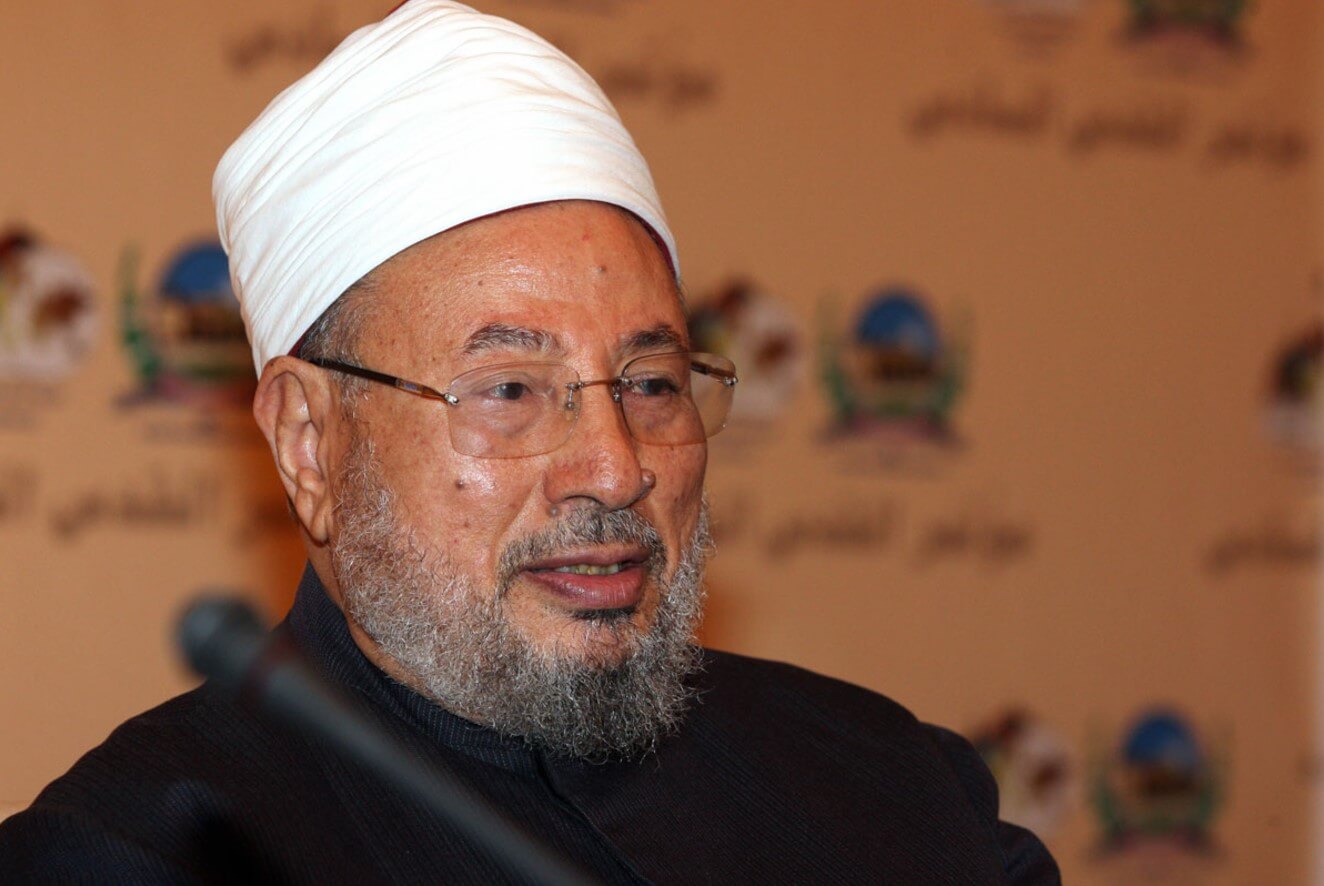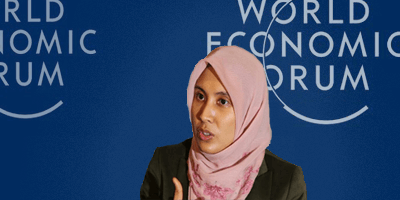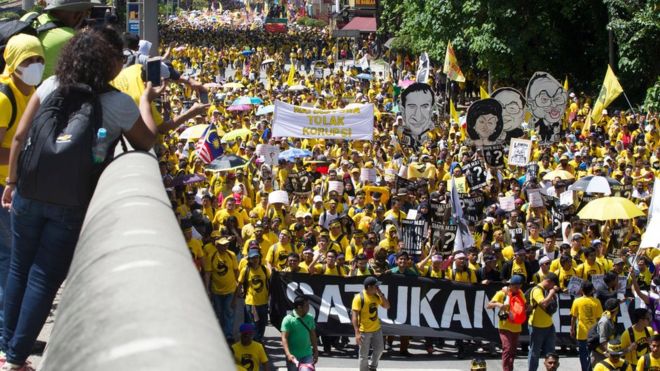As President Obama and leaders from Southeast Asia gather in Kuala Lumpur this week to discuss community building and regional economic integration at the ASEAN-U.S. summit, Malaysian Prime Minster Najib Razak will be in an awkward position according to a new United Nations decision determining that my father and former opposition leader Anwar Ibrahim is being held in violation of international law and must be immediately released. This comes on top of scathing reports from Human Rights Watch and Amnesty International released earlier this year.
While Najib touts his desire to ” bring ASEAN closer to the people,” scores of complaints and international challenges are showing his own government distancing itself from the people he governs by jailing critics, journalists and even elected opposition lawmakers. Najib is left bereft of popular support, with polls showing less than one in four Malaysians in favor of his leadership. The endgame of Najib’s tactics in Malaysia are increased sectarian strife, economic imbalances and a ripe environment for the growth of extremism amongst large disaffected and disconnected swaths of the population.
Mired in international scandals and fomenting ethnic and religious tensions, Najib is struggling to maintain his grip on power. In a practice condemned by the international community, Najib has resorted to harassing and detaining those who dissent under the draconian colonial-legacy Sedition Act that he had long promised to repeal. The sham trial and conviction of Anwar Ibrahim on trumped-up and politically motivated charges is just one glaring example of the regime’s desperation. He was instrumental in building a multiethnic and multireligious opposition capable of challenging the ruling party’s hegemony, and it is really for this reason that he now languishes in jail at the age of 68, in desperate need of immediate surgery and rehabilitation.
Recently, his lawyers made public that the U.N. Working Group on Arbitrary Detention found he is being held in violation of international law and must be immediately released. Amnesty International has designated Anwar Ibrahim a prisoner of conscience. Human Rights Watch has described his conviction as a “travesty of justice.” Numerous influential leaders have urged my father’s immediate release from prison. Among them are former Turkish President Abdullah Gül, former Indonesian President B.J. Habibie and former U.K. Prime Minister Gordon Brown. My father also suffers from a shoulder muscle tear and is in constant pain. The government has repeatedly refused to provide him the regular rehabilitation recommended by its own doctors, and he now requires a major surgery.
As Anwar Ibrahim was fond of saying before his imprisonment – “In Malaysia we have freedom of speech, but not freedom after speech.” Harsh judgments against elected officials and other critics who publicly challenge the ruling government include cases such as Tony Pua, a parliamentarian subjected to a travel ban for speaking out against the 1Malaysia Development Berhad investment fund; Rafizi Ramli, who might be convicted simply for publicly criticizing a government-allowed sectarian demonstration in front of a church; Sivarasa Rasiah, my father’s lawyer who criticized his imprisonment; and Zunar, the political cartoonist whose crime was tweeting against the judges responsible for Anwar Ibrahim’s conviction. There are also a dozen elected opposition members of parliament, including myself, who were jailed this past spring under Najib’s unconscionable twisting and repurposing of overreaching anti-terrorism laws.
Without stern rebuke from the international community that is currently enabling and emboldening Najib, his party will continue to utilize the politics of hate and race to drive Malaysia into political, economic and security turmoil. Examples of this reality already abound. The ruling United Malays National Organization party fueled racial tensions by supporting the September 16 “red-shirt” rally, where speakers, including members of Najib’s cabinet, hurled insults at the Chinese and other ethnic minorities. And the rising tides of racism are especially troubling when fanned by flames of religious extremism, which is another growing problem in Malaysia. These issues must be dealt with decisively to repair eroded foreign investors’ confidence and for Malaysia to forge ahead in the integrated global economy, which includes the need for engagement with all Malaysian stakeholders on the Trans-Pacific Partnership agreement.
We need the United States to stand with all Malaysians who view fundamental human rights as inviolable and to reconsider its allegiance to such a corrupt government. Secretary of State John Kerry’s remarks about his recent meeting with Najib were an important start. President Obama should emphasize to Najib that multiculturalism and democratic reforms represent the only viable way to mitigate religious extremism, as well as stem the tide of extremism, in our country. And he must call publicly for my father’s release and that of other political prisoners.
The upcoming ASEAN-U.S. summit is an opportunity for President Obama to ask much more of Prime Minister Najib Razak’s administration and lead the global community in confronting the government’s violations of human rights.
*A version of this article first appeared on U.S. News



